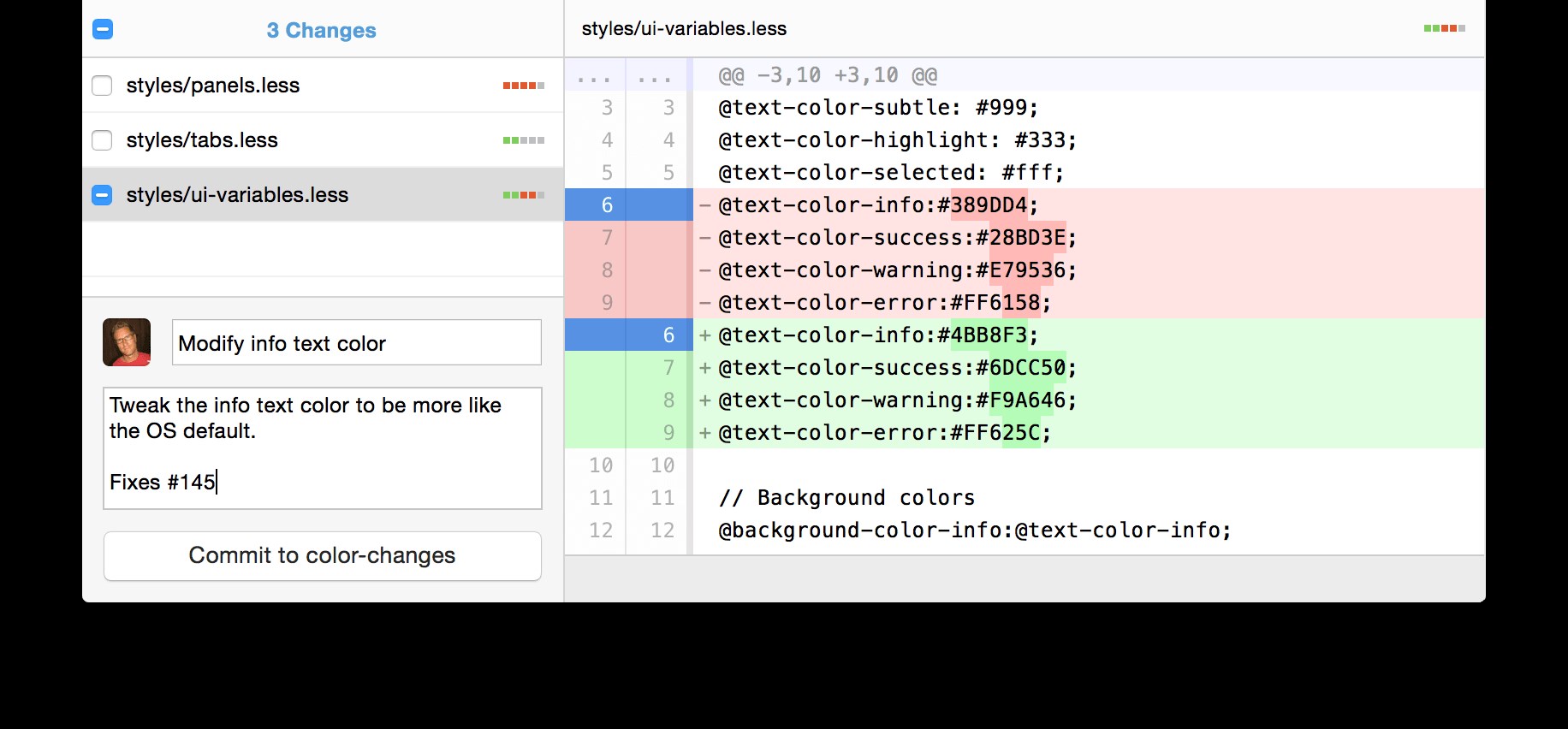
GitHub also boasts integrations with great tools like Google, Codacy, Code Climate, etc. When searching for an issue, labels allow you to find the thing you are searching for at a cat’s speed. Labeling your tasks and pull requests definitely pays off in the long term. Comment notifications are also included - you can set it up easily. People who have access to your projects will be instantly notified via email or slack when changes occur. You can assign up to 10 team members to an issue.

Issues linked to pull requests will automatically close when the pull requests merge. You can also link issues to your pull requests to simplify your workflow. You can add milestones to your projects and set weekly, monthly, or quarterly goals and thus better track your team progress. You’ll also have the ability to reorder and structure your tasks so that no frustration comes along your way. Creating task descriptions and commenting on assignments in GitHub feels like a breeze. GitHub comes with an Issue Tracker where you can create cards, add notes, assign tasks to your team members, and track your projects effortlessly. You can download either a GitHub Mac or Windows version. Even if you are a beginner, you can find great open source projects to contribute to. You can find some of the best open-source projects in GitHub.
#Gitkraken alternative software
It maintains one of the best free version control software today - git. It’s also perhaps the most popular tool for developers today. GitHub is a closed-core platform that hosts open-source software and projects.

We’ll start off with GitHub’s description and then hop off to its best alternatives. If the black cat doesn’t seem cute enough, and you are looking for a reliable yet powerful GitHub alternative, this article unveils some of the top GitHub alternatives you can find today.Įvery tool on this list is discussed in detail to help you make a better decision whether to switch over to another git platform or stick with GitHub.


 0 kommentar(er)
0 kommentar(er)
